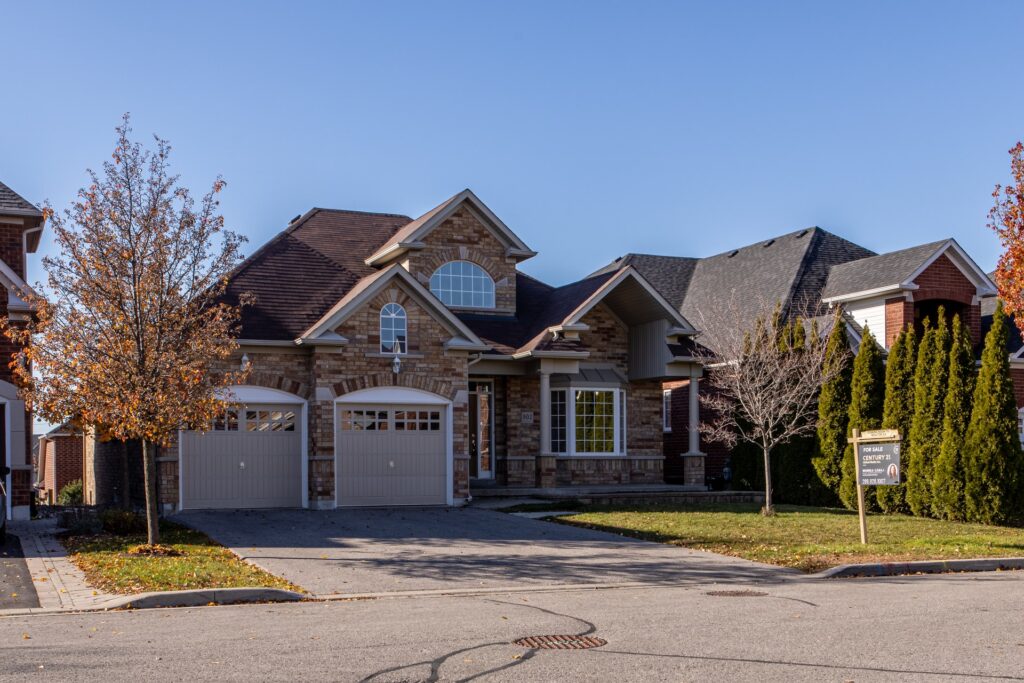There are only a few things in life that feel as good as paying off your debts and finally owning your home. But the road to a mortgage-free house can be long and expensive, which is why many people consider renting out their house or a section of it to pay off their mortgage. Or else there is another option of a unique kind of contract called a “rent-to-own home” which enables you to buy a house after a certain number of years of renting it.
While this strategy looks good at first glance, becoming a landlord is not a decision one should take lightly. You have to ask yourself important questions such as if you’re ready to take on the role, and if you should hire a professional?
Read to the end of this article to fully understand the benefits and pitfalls of using your home as a rental property to pay off your mortgage.
Pros
- Extra income
The most apparent advantage of becoming a landlord is the extra income. Since your tenants will be living on-site, most repairs will apply to you directly, and you can keep most of the rent. If you’re willing to invest in renovations, the income from rent may even exceed your monthly mortgage payments. That leaves you with a hefty profit that can go into financing your next investment, vacation, or retirement savings.
- Tax deductibles
One of the perks of being a landlord is the tax deductions that come with it. When you use your home as a rental space, you can simultaneously take advantage of tax benefits while charging rent.
Also, if a business owns the property, you can reap the benefits of business deductions. If not, you can still save money on employee salaries, repairs, property insurance, and other applicable tax cuts.
- Renovations increase your home’s value
Turning a section of your home into a rental space often requires some renovation. It could be anything from a mass remodeling to create an alternate entrance or a few minor touches to upgrade the house.
Either way, you can consider such renovations an investment. Not only will these hike up the asking price for your tenants, but they’ll also increase the resale value of your home. These home improvement projects would also benefit you directly by improving your living area. So you can upgrade your personal space while turning a profit.
- Property appreciation
Many investors consider real estate a dependable stream of income because of its stability. Apart from bringing in steady profit, they also have a great potential to grow. Most properties increase in value over time, making their resale value higher.
While it takes a while for property to appreciate significantly, there’s a good chance you’ll be able to increase your rent accordingly, especially if you have a long-term loan and plan on renting out spaces in your home far into the future.
Cons
- Dealing with tenants
The most significant disadvantage of being a landlord is dealing with tenants. Some can be difficult to manage, destructive, and nonchalant to house rules. It becomes even more annoying to manage these tenants when they are legal residents on the property. In such scenarios, careful tenant screening is a hundred times more important because you directly suffer the consequences of their demeanor.
If you’re lucky, a few conversations will help straighten out any unruly resident. But in the worst-case scenario, you might have to involve a lawyer or force an eviction. Both of which require time and money.
- Keeping up with maintenance
There’s more to being a landlord than collecting rent. You have certain obligations to your tenant, including ensuring that the property is habitable and up to code.
As a homeowner, you might be able to do an8 incomplete fix or ignore the problem altogether. But when you’re a landlord, it’s a whole different ball game. Your tenants expect you to constantly maintain a standard of living, from conducting regular maintenance to responding to maintenance complaints promptly. If you’re not a handy person, it can get tiring attending to such repairs. These fixes can eat into your rental check and reduce your profit margin. Failing to do so could land you with a lawsuit, which would bite further into your returns.
- Starting up can be expensive
It’s highly likely that when you decide to venture into renting out your home, you’ll at least need some minor renovations. So before you collect dividends from your tenant, you’ll have to upgrade your home.
If it’s not up to code, you’ll have to make repairs, and if you’d like tenants to pay extra for modern fixtures, you have to install them. By the time you add up the costs of your renovations, you might find that your first rent doesn’t completely cover the cost.
- Rental regulations
While there are provisions in the law that allow landlords to benefit from tax deductions, there are also regulations that specify their legal obligations.
You may find these regulations in the landlord-tenant laws of your jurisdiction. They often differ from state to state, so you are responsible for knowing which ones apply to you. These rules are set in place to protect tenant’s rights.
For example, even if you strongly want to implement a no-pets rule, it’s illegal to ban service animals. Breaking this law or others could leave you at the mercy of litigation. It’s essential to stay up-to-date with the latest property legislation.
Conclusion
There you have it, a complete insight into the pros and cons of renting your home to pay your mortgage. Now, is all the effort worth it? Only you can answer that after carefully weighing the benefits and pitfalls.
However, it would help to keep in mind that some of these disadvantages can be mitigated by employing a property management company. What is property management? It controls all administrative tasks concerning a rental unit by a third party known as a property manager. They are skilled professionals who can help you with marketing, tenant screening, rent collection, maintenance, etc. In summary, they’re there to assist you in all your landlord-related matters, including using your home as a rental property to pay off your mortgage.


